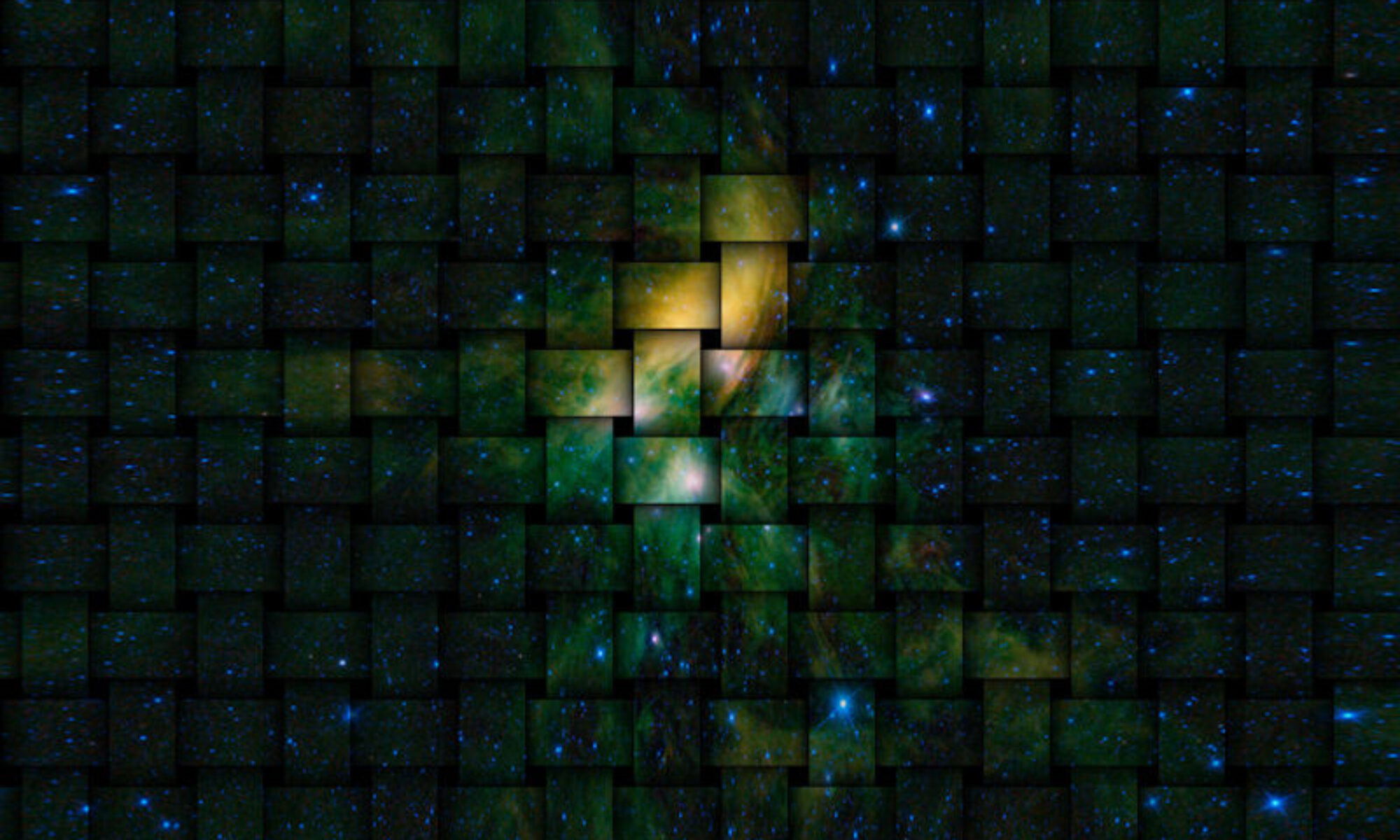Respect for all implies no judgment.
Please discuss. How does this play out in life?
I’ll start us out. The news and our conversations have been filled, more recently, with topics of social justice—the Black Lives Matter protests, the disproportionately high COVID-19 infection rate among the Navajo, the recent Supreme Court ruling on workplace discrimination protections for LGBTQ individuals. We’ve also seen in the past, more recently the #metoo issues, and more distantly womens’ rights issues.
All these matters involve a portion of our population being treated less equally than the rest. We, as a society, historically have found ways to justify dealing with some people differently than others. Although we profess not to and our constitution states we won’t, we discriminate. If we feel someone is not like us in some way, we find it easy to ignore the golden rule.
Today’s message reminds me of two things: 1. Discrimination is a lack of respect for the divine nature of all beings. 2. Judgment is the mechanism we use to rationalize disrespecting others. When I judge someone—they are different in some way from what I am or what I think they should be—I am stuck in separation consciousness. In this mindset, I view the other as separate from me, broken, imperfect. It’s a short trip from there to disrespecting them and feeling vindicated if I or someone else deals with them unfairly. I need to remember we are all intrinsic parts of an interconnected whole, created perfect and equal. This will guide me to respect and accept others as the divine beings we all are.
How about you? What helps you have a respectful attitude toward all beings?
For a more in-depth look at how comparison and units of measure keep us anchored in separation consciousness, read Chapter 30 Time and Space in my book The Sharing: The Owner’s Manual for Being Human.
